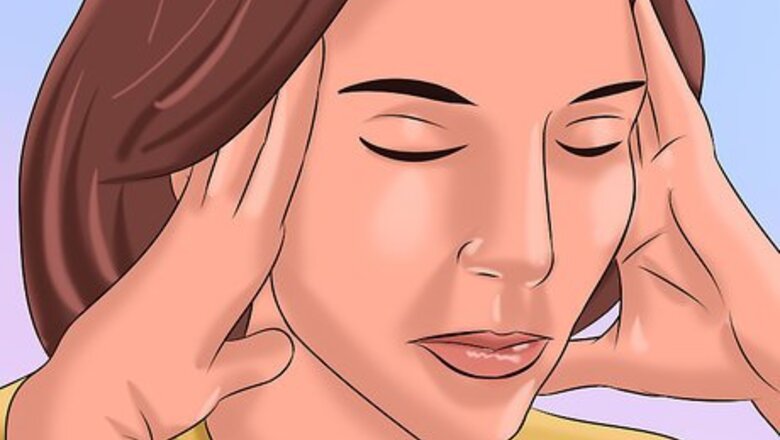
views
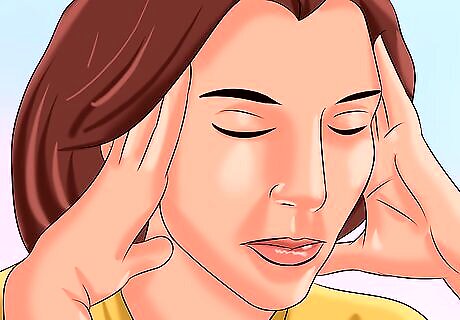
Calm yourself. At this stage, you will inevitably feel not only shocked, but also confused and bewildered. You know yourself as an honest student who would never dream of taking another's work and passing it off as your own. However, if your teacher is claiming you did in fact do this, there's almost certainly some subtle way in which you did that you weren't aware of. You can take a few deep breaths or ask your teacher for a minute or so of silence to calm yourself and reflect on your feelings.
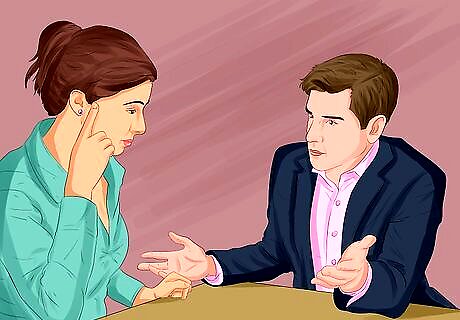
Ask your teacher what you did that got you accused of plagiarism. Your teacher may have indicated on your paper what constituted plagiarism, but if not, be sure to ask your teacher what went wrong: Did you forget to cite a source? Did you cite a source, or all your sources, improperly or inadequately? Did you forget to write quotation marks around a direct quote? Was your paraphrasing too close to the original? Did you receive editing or proofreading assistance that you didn't realize was not allowed? Did you leave something un-cited because you thought it was common knowledge, but your teacher didn't think it was? These are common pitfalls of accidental plagiarism that all students should learn to avoid. In addition to clarifying with your teacher how you plagiarized in this particular incident, also ask your teacher to go over with you the complete definition of what constitutes plagiarism so that you don't plagiarize again in the future. The punishment for a second bout of plagiarism is often much more severe than the first, and the second time around, you may be given an automatic F in the course, not the assignment.
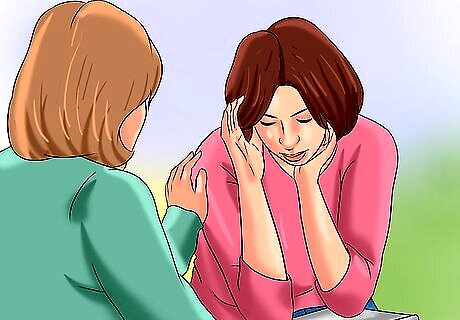
Apologize. Tell your teacher (and also mean it) that you are sorry you plagiarized your paper, albeit unintentionally. Inform your teacher that you know that plagiarism is wrong, that you are really an honest student, and that you didn't mean to plagiarize. If this is the case, and your teacher believes you are being sincere, (s)he may deal with your case more leniently, such as allowing you to redo the paper, letting you off with a warning, or taking a certain percentage of marks off. However, do not hope or expect your teacher to be lenient on you. Your teacher still has authority over you, and your school probably has a strict set of rules on how to deal with cases (even accidental ones) of plagiarism.
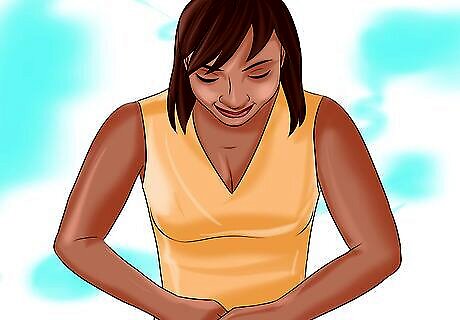
Take responsibility for your actions. It can be difficult to deal with a school that has overly strict rules and uptight teachers, but everyone makes mistakes that they learn from. You didn't mean to plagiarize, but you'll get into the least trouble if you admit your mistake honestly and learn to paraphrase/cite properly next time. If no one taught you how to properly cite your sources or put a paper into your own words, you may not understand exactly what you have done. You will likely still get into trouble, but you can learn from your mistake. You didn't completely understand the rules; just ask your teacher, parents or another authority figure for help or to clarify any questions you may have.
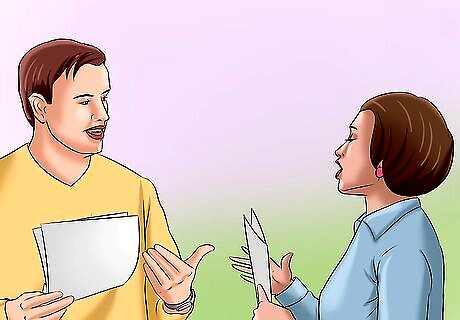
Try to ask your teacher for leniency. Emphasis on "try" and do not beg your teacher either. Simply ask your teacher if, just this once, you might be allowed to redo the paper in a fully non-plagiarized way, now that you've clarified where you went wrong. If your teacher says 'no' you must accept that. Ultimately, you must accept whatever position your teacher gives. If your teacher insists that you must receive a '0' or an 'F' on this paper for the plagiarism, you must accept that. Try to improve your overall grade at the end of the course by doing well on assignments and tests in the future to make up for the '0'.

Do a thorough read-up on plagiarism. Either ask your teacher for a complete, thorough analysis of what constitutes plagiarism and how to avoid it, or ask for any book or online resources on the subject. The more knowledge you have, the more readily you will be able to write original work, and cite what needs to be cited, and the less likely you will be to accidentally plagiarize in the future.
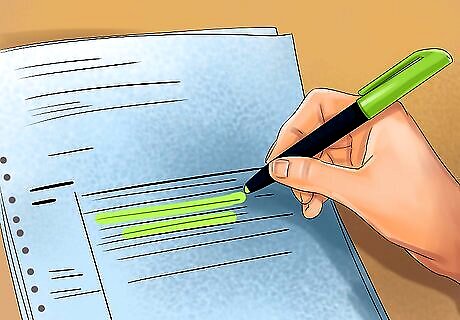
Cite all future assignments properly. Use your new knowledge whenever you do an assignment or paper in the future to not plagiarize again.














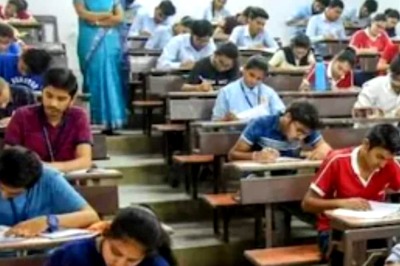





Comments
0 comment